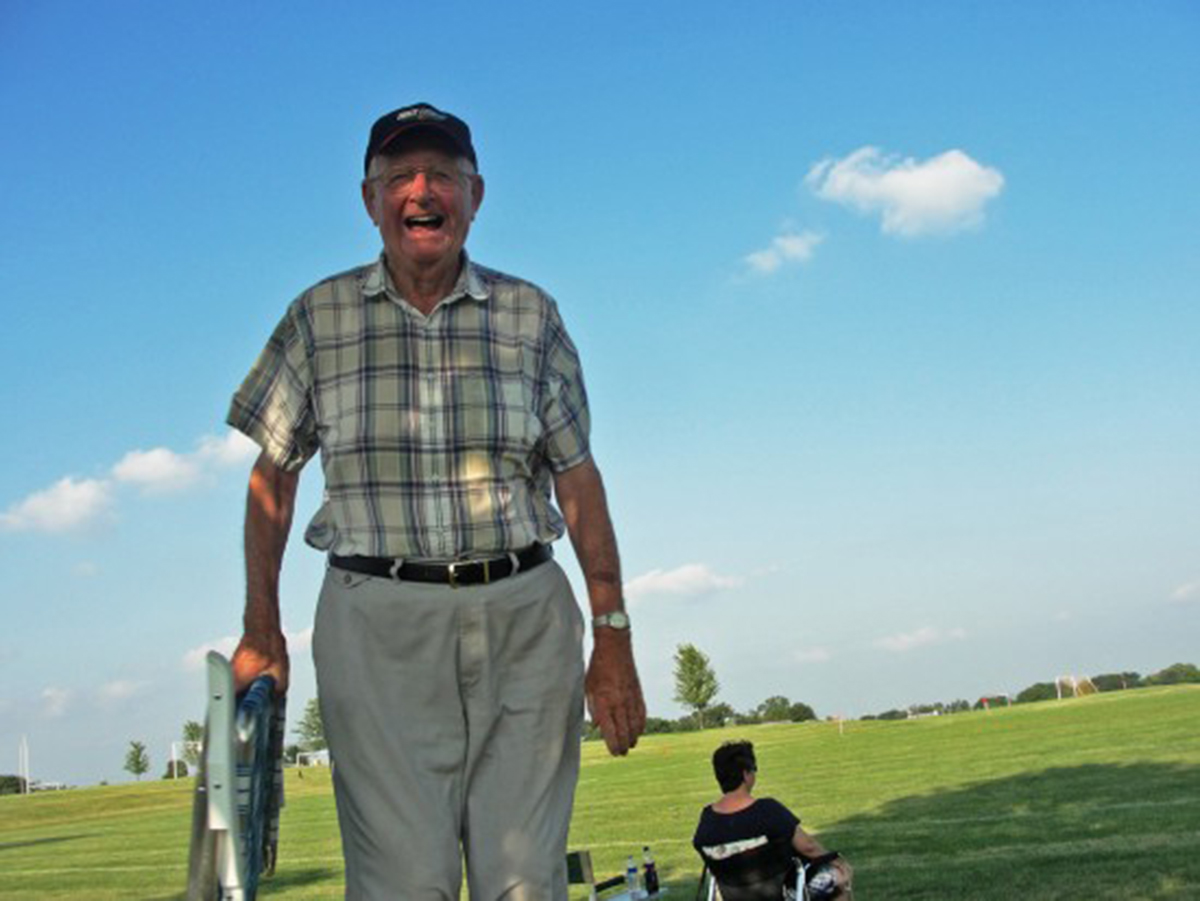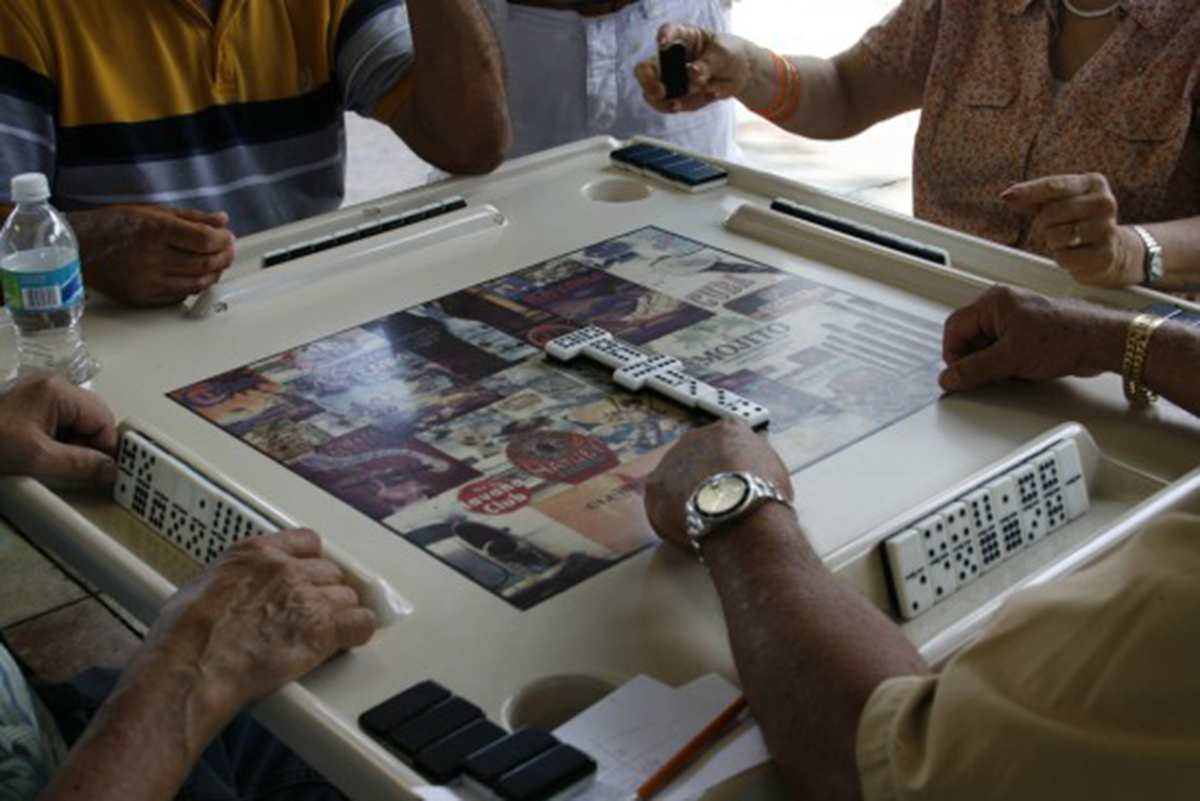Born in New Amsterdam, New York, in 1916 to immigrant parents from Russia, Issur Danielovitch, who adopted the stage name Kirk Douglas, quickly became one of Hollywood's leading men. Douglas starred in film classics such as 20,000 Leagues Beneath the Sea and Spartacus. Douglas also shrewdly acquired the rights to make hit films in which he did not star, such as One Flew Over the Cuckoo's Nest. Father of four sons who became famous in their own right, Kirk Douglas seemed to have everything going for him, until in 1980 he suffered a severe stroke.

Stroke took the famous actor's ability to speak. Douglas became despondent, and decided to end it all. As he put a loaded gun in his mouth, however, he hit his teeth, and decided suicide would not be painless, there had to be a better way.
Douglas took stock of just how good life had been for him, and even resumed public appearances, including a second bar mitzvah at the age of 83. This devastating illness, Douglas concluded, had been a "stroke of luck," helping him to realize just how much he had to live for--and he's continue to live past his 97th birthday without signs of slowing down further.
A Brain Researcher Gets to Do Up Close and Personal Brain Research
Actor Kirk Douglas is hardly the only person to discover that life can actually be better even after a stroke. Scientist Jill Bolte Taylor had become a brain researcher because she had a brother who had schizophrenia.
Taylor had dedicated her life to studying brain diseases when she realized that while she had the ability to make her dreams come true, her brother only had the ability to realize his nightmares. What was it about her brother's schizophrenia, she wondered, that made it impossible for him to connect his dreams to a common and shared reality so that they became delusion?
Read More: Ten Essential Facts About Stroke
Dr. Taylor took at job at a psychiatric research lab at Harvard University. She joined a group of scientists looking at the question of what was different about the brains of people who had schizophrenia, schizoaffective disorder, and bipolar disorder, mapping the microcircuitry of the brain to determine which cells communicate with which cells in which ways. To Taylor and her colleagues it was very evident that the two sides of the brain operate in very different ways, the left side working as a kind of serial processor, if-then, if-then, the right side operating as a kind of parallel processor, responding to information and solving questions by tackling many aspects at the same time.
But when Taylor had her own stroke on the left side of her brain, she learned the difference between the two sides of her brain in a very personal way. As the left side of her brain ceased to function, she felt a sense of oneness with the universe. She felt her spirit surrender to her moment of transition, her mind suspended between life and death. She realized that when she was healthy she could choose moment by moment how she wanted to be in her world.
Five Tips For Living Better After A Stroke
Dr. Taylor found that she could step into the consciousness of her right hemisphere, where she was the captain of 50 trillion cells that made up a vast universe. Or she could step into the consciousness of her left hemisphere and join the rest of the world with logic and language and meaningful action. The more time we spend in the beautiful peace of the right hemispheres of our brains, Dr. Taylor says, the more peace we project into the world.

It was 2-1/2 weeks, however, before surgeons removed a blood clot the size of a golf ball from the language centers on the left side of Dr. Taylor's brain and she could talk about the experience. And it was 8 years before she was fully recovered from her stroke and was actually able to choose how she felt about the life she lived.
But what if you aren't a movie star or a brain scientist? Can there be anything good about a stroke for you?
The reality is that stroke can be a devastating experience, and it can be very hard to find anything good about not being able to speak, not being able to use muscles and take care of onesself, or not being able see, hear, or taste, or feel emotions normally. But even in the most devastating stroke, and I'm writing as someone who has survived multiple "cerebrovascular accidents," there are things you can remember to do to make your life better if you make a point of remembering them now.
- Accept the fact that you will need others to help you for your basic physical needs. This can be an enormous blow to your pride--it was for me--but the less time you spend fighting the reality of your life, the more time you can spending creating a new one.
- Take advantage of those opportunities you have to let your mind go to new places. When you are trapped in your body, sometimes your mind can roam free. Don't fight it.
- Don't try to commit suicide. You've had a stroke after all. Chances are you would survive the attempt, and find your situation even worse.
- Recognize that stroke can change your outlook on life. You probably won't be the same person after you have had a stroke. Sure, stroke is depressing, but many people are surprised that they actually are happier after they lose some of the things in life to which they were holding on too tightly.
- If you are able, keep a diary, or even a list on a sheet of paper, of things you need and ways you get them. I kept a list of people who helped me in ways big and small after my strokes and other cardiovascular events. I found that an attitude of gratitude is a lot easier to bear than feeling depressed all the time, and that gratitude can attract the kind of help you need.
Read More: How I Became An Unintentional Expert In Stroke
These five suggestions are what I would tell anyone else who has had a stroke. Please keep them in mind just in case there is a day you need to consider them.
Additionally, I recommend these things as well:
- It's vital to take all prescribed medications, such as blood thinners and blood pressure medication, exactly as directed to prevent further strokes. Other conditions like diabetes and high cholesterol should also be carefully controlled, with regular check-ins with healthcare providers to ensure that any medications are working effectively and without significant side effects.
- Diet and nutrition play a significant role as well; a heart-healthy diet can help manage risk factors for stroke, including obesity, high blood pressure, and high cholesterol.
- Social engagement is also part of a well-rounded recovery plan. Maintaining relationships with family and friends and participating in social activities can prevent isolation and promote emotional health.
- Personal safety is another aspect that should not be overlooked. Wearing a medical alert bracelet and having a personal emergency response system in place, especially for those living alone, ensures that quick help is available in case of an emergency.
- Douglas, Kirk. My Stroke of Luck. IT Books, January 2003.
- Taylor, Jill Bolte. My Stroke of Insight. Plume Books. January 2009.
- Photo courtesy of loveiswritten by Flickr : www.flickr.com/photos/conovosisters/4856436532/
- Photo courtesy of Justo Ruiz by Flickr : www.flickr.com/photos/justo_ruiz_photogrpher/3531231451/

